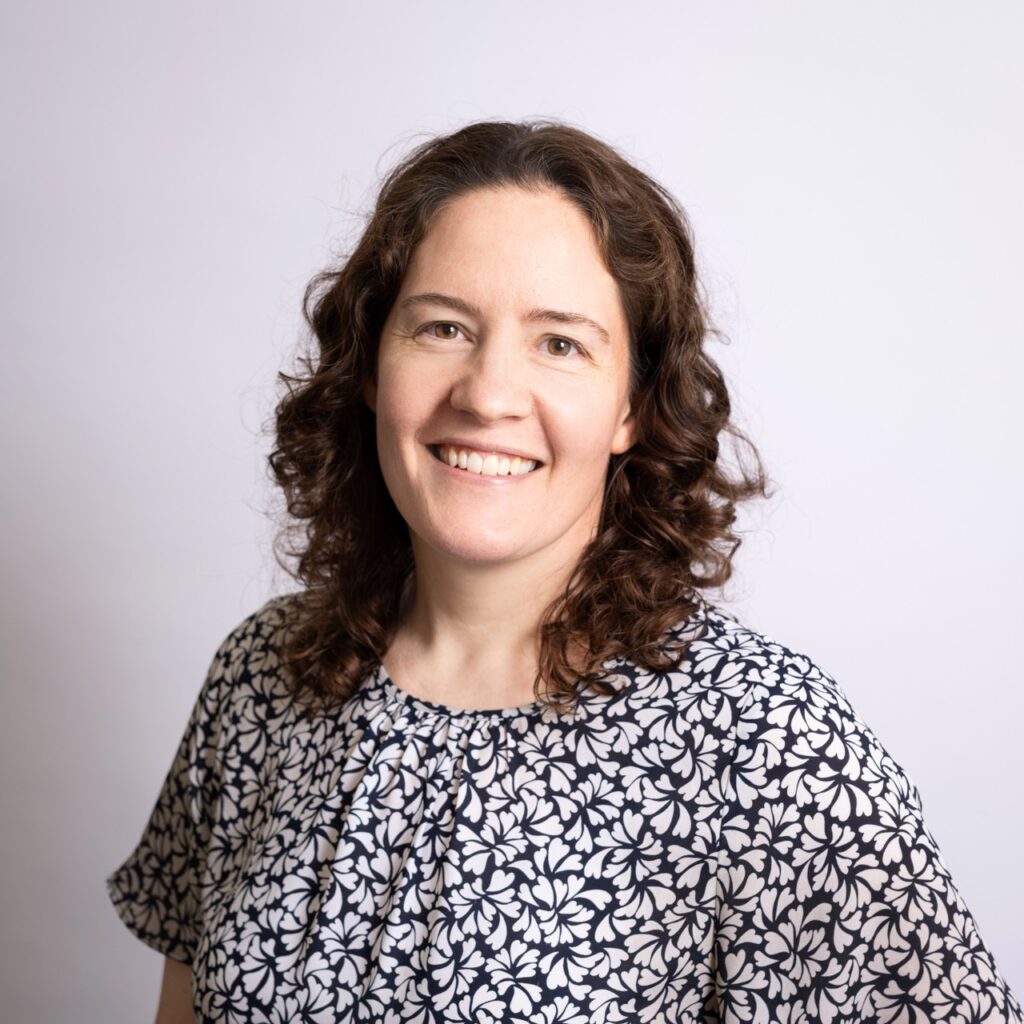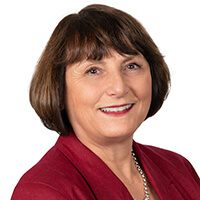Ovarian cancer has one of the lowest survival rates of any cancer in Australia and, unlike many other cancers, survival has only slightly improved in recent decades. This multidisciplinary research team is supported by key collaborators and advisors from across the Daffodil Centre, including experts in biology and translational research, epidemiology, mathematical modelling, implementation science, health economics, statistics and key stakeholders, including community partners and patient advocates.
Research Team: Professor Anna DeFazio, Dr Melissa Merritt, Dr Kirstie McLoughlin, Dr Nicola Meagher, Dr Saima Islam, Dr Lara Petelin, Abigail Acosta and ovarian cancer survivors and experienced consumer researchers Gillian Stannard, Jacinta Frawley Werger and Victoria Turner.
Together, the team is leading research to help inform policy and improve healthcare for people with, and at risk of developing, ovarian cancer. This work is made possible by funding from the Fussell Family Foundation, the US Department of Defense, Ovarian Cancer Research Program and Tour de Cure.





